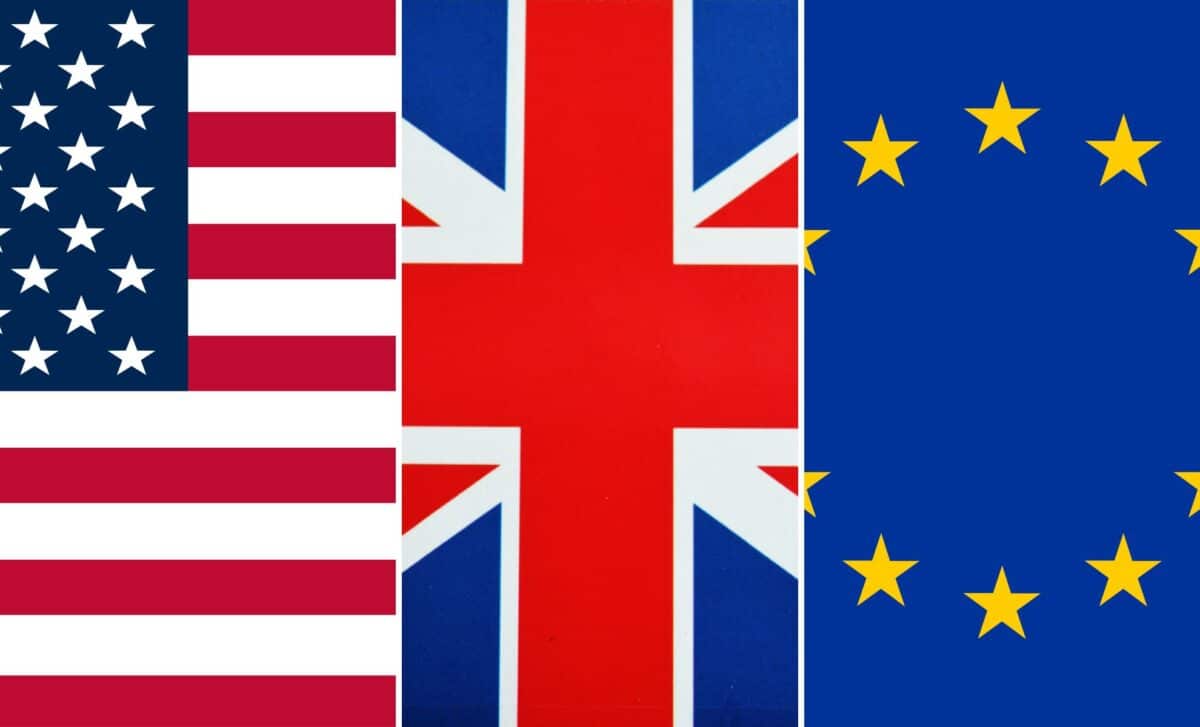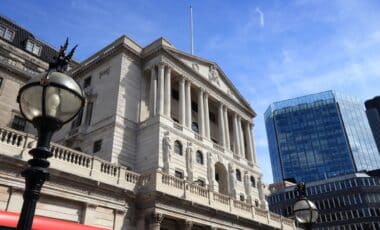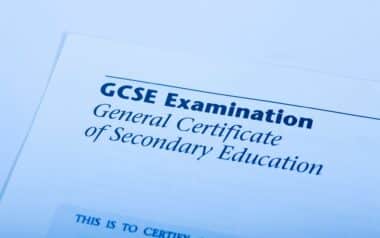The United Kingdom is in a more vulnerable position as a result of Donald Trump’s renewed pledge to impose tariffs on important trading partners. As its two biggest trading partners, the US, and the EU, Britain must now make difficult choices that could have a significant impact on the economy.
Prime Minister Keir Starmer reiterated Britain’s commitment to upholding close connections with both the US and the EU at a recent NATO conference in Brussels, saying the UK will not be forced to pick between the two. However, experts warn that economic forces may eventually compel the UK to align more closely with one of the two giants as Trump pursues EU exports and suggests possible tariff exemptions for Britain.
Trump’s Tariffs and Their Impact on UK Trade
The United States is the UK’s leading trade partner for services and holds a dominant position in goods exports. However, when considering the EU as a single trading bloc, the scale of Britain’s economic ties with Europe becomes significantly larger. According to trade data, EU goods trade surpasses US trade with the UK by over threefold in exports and fivefold in imports.
Trump has already imposed tariffs on Canada, Mexico, and China, and has now signalled his intent to introduce new levies on EU exports. While he has criticised the UK’s trade stance as “out of line,” he has also suggested that an agreement with Britain could be reached more easily than with the European Union.
Dr Piotr Jaworski, an expert in international trade at the University of Dundee, believes that Britain’s trade structure leaves it vulnerable as tensions escalate between its two largest partners. “With an economy less than one-sixth the size of either the EU or US, Britain lacks the economic leverage to maintain equidistant relations with both powers,” he stated.
Starmer’s Balancing Act Amid Economic Uncertainty
Many have seen Starmer’s recent trip to Brussels—the first by a British prime minister since Brexit—as an attempt to deepen relations with the EU. According to reports, his talks with European leaders may lead to a UK-EU meeting in the upcoming months, which might restore ties after years of political and economic unpredictability.
However, aligning with the EU could come at a cost. Trump’s tariffs could impact several UK industries, including steel, aluminium, digital services, Scotch whisky, and the automotive sector. The potential for heavy US levies on British exports raises concerns about economic fallout, particularly in Scotland, where whisky exports form a significant part of trade with the United States.
With Starmer set to visit Washington in February, his approach to the trade dispute will be closely scrutinised. Whether Britain seeks to reinforce its European ties or capitalise on Trump’s signals for a potential deal with the US, the coming months could prove decisive for the UK’s economic strategy.









